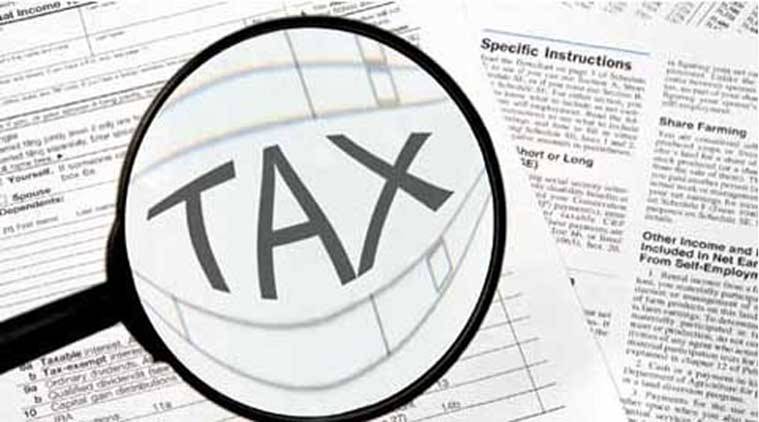 As many as five teams were constituted on the directions of Excise and Taxation Commissioner Ajit Balaji Joshi.
As many as five teams were constituted on the directions of Excise and Taxation Commissioner Ajit Balaji Joshi.
IN A first-of-its-kind action for not having e-way bills, the UT excise and taxation department has penalised 22 dealers who were getting consignments to Chandigarh without e-way bills and either possessed fake documents or didn’t have proper record. The e-way bill system was introduced from April 1 to help detect potential tax evasion.
UT Assistant Excise and Taxation Commissioner R K Chaudhary said that a penalty of Rs 5.50 lakh had been recovered in this special drive to check if e-way bill system was being followed. In four cases in which fake documents were also found, the department impounded the vehicles.
As many as five teams were constituted on the directions of Excise and Taxation Commissioner Ajit Balaji Joshi. The teams were deployed on entry and exit points of the city and they had to check from 8 am to 4 pm, 4 pm to 12 midnight, 12 midnight to 8 am.
“These trucks which teams caught carrying goods like marbles, slabs, grocery, clothing and other material belonged to Chandigarh traders and they were plying during the night hours. The e-way bill system helps in monitoring the movement of goods or if there is any tax evasion and in these cases, possibility of tax evasion can’t be ruled out,” Chaudhary said.
There are 5,000 dealers and more than 100 transporters registered with the Chandigarh excise and taxation department under the new e-way bill system. In case a consigner or consignee comes forward when his consignment is caught by the department in such a case, the penalty would be equivalent to the amount of tax evaded. In case, nobody comes forward, the penalty is equal to 50 per cent of the value of the goods. The department had carried out seminars to create awareness about the new system.
Under the Goods and Services Tax (GST), all consignments worth more than Rs 50,000 moving over 10 km from their origin will require prior registration and generation of an e-way bill through the GST network. The validity of e-way bill is one day for goods moving from 0 to 100 km, three days for 100 to 300 km, five days for 300 to 500 km, 10 days for 500 to 1,000 km and 15 days for goods moving beyond 1,000 km. The eway bill will help in tracking movement of taxable goods and if there was tax evasion.
A trader from the Chandigarh Beopar Mandal on the condition of anonymity said that many of their traders didn’t know exactly how to generate e-way bill. “Why are traders being harassed? First demonetisation, then GST and now this. In case some proportion of movement of goods is done by the business unit itself and the other proportion is done by the transport agency, which one is going to generate the bill. There are so many issues and action is being initiated,” he stated.